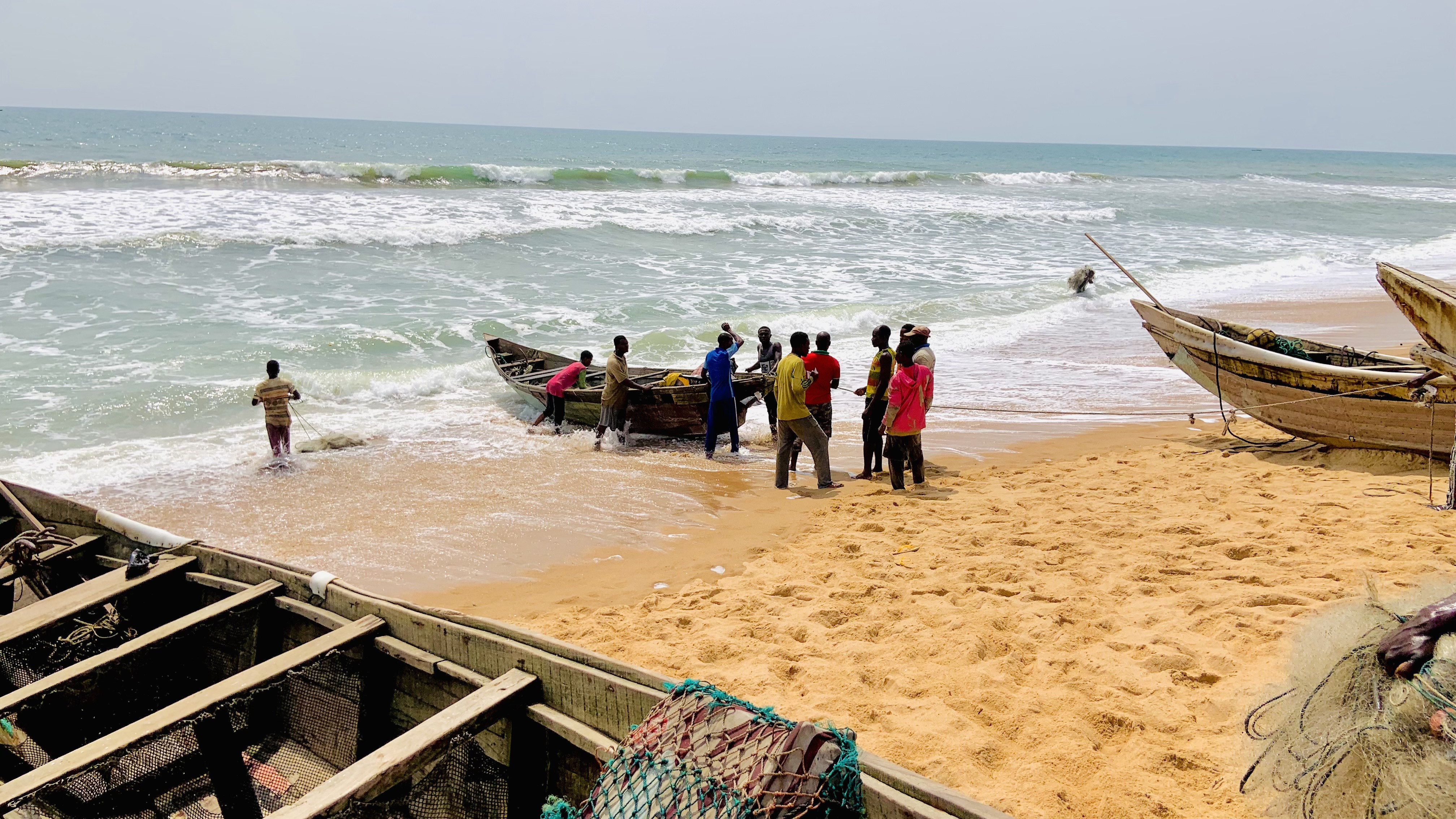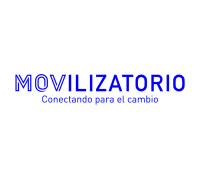"Small-scale fisheries (SSF), also known as artisanal fisheries, play an important role in many coastal communities around the world. They provide food security, livelihoods, and economic opportunities for many people. Globally, SSF are responsible for nearly half of global seafood catches. They employ about 90% of the women and men in the fisheries sector, and are a critical source of protein and nutrients for hundreds of millions of people. Despite their importance, SSF are often overlooked and undervalued by governments and policy makers. They often lack access to resources and support, and they are vulnerable to exploitation by larger fishing interests.
Inshore exclusion zones (IEZs) are a type of management measure that can be used to protect small-scale fisheries. They involve the creation of areas where certain types of fishing, typically industrial or large-scale, are prohibited or restricted. The effectiveness of IEZs in protecting small-scale fisheries depends on the design of the zones, the enforcement of the regulations, and the participation of local communities. However, where enforcement is complete or ineffective, the costs of which are incurred by SSF and through the overexploitation of coastal resources and habitats.

Industrial bottom trawling, which is a controversial method of fishing that involves dragging a large net along the seafloor, can have a significant impact on small-scale fisheries and the marine ecosystem. It can damage sensitive seafloor habitats, accidentally capture and kill non-target species, and compete with small-scale fishers for valuable fish stocks. Illegal, unreported, and unregulated (IUU) fishing by trawl vessels in coastal areas reserved for small-scale fisheries has been a long-standing issue. Increased monitoring, surveillance and enforcement is urgently needed to ensure that contributions of SSF are realized.
By providing access to information and resources, building capacity through training and education, and creating opportunities for small-scale fishers to organize and connect with one another, WorldFish can support the advocacy efforts of SSF organizations and drive public and government accountability and responsiveness to SSF.
This project set out to explore ways of working with small-scale fishers to amplify their voices and their messages through targeted communications campaigns. "

Key milestones
- Engaged with small-scale fishing communites across three continents
- Held four communication and training workshops (two of which were in-person)
- Created toolkits of templates and graphics for fisher organisations to further advocate on the issue of bottom trawling encroachment
- Developed a series of short animations for other SSF communities and representatives to use in relavent bottom trawaling campaigns











